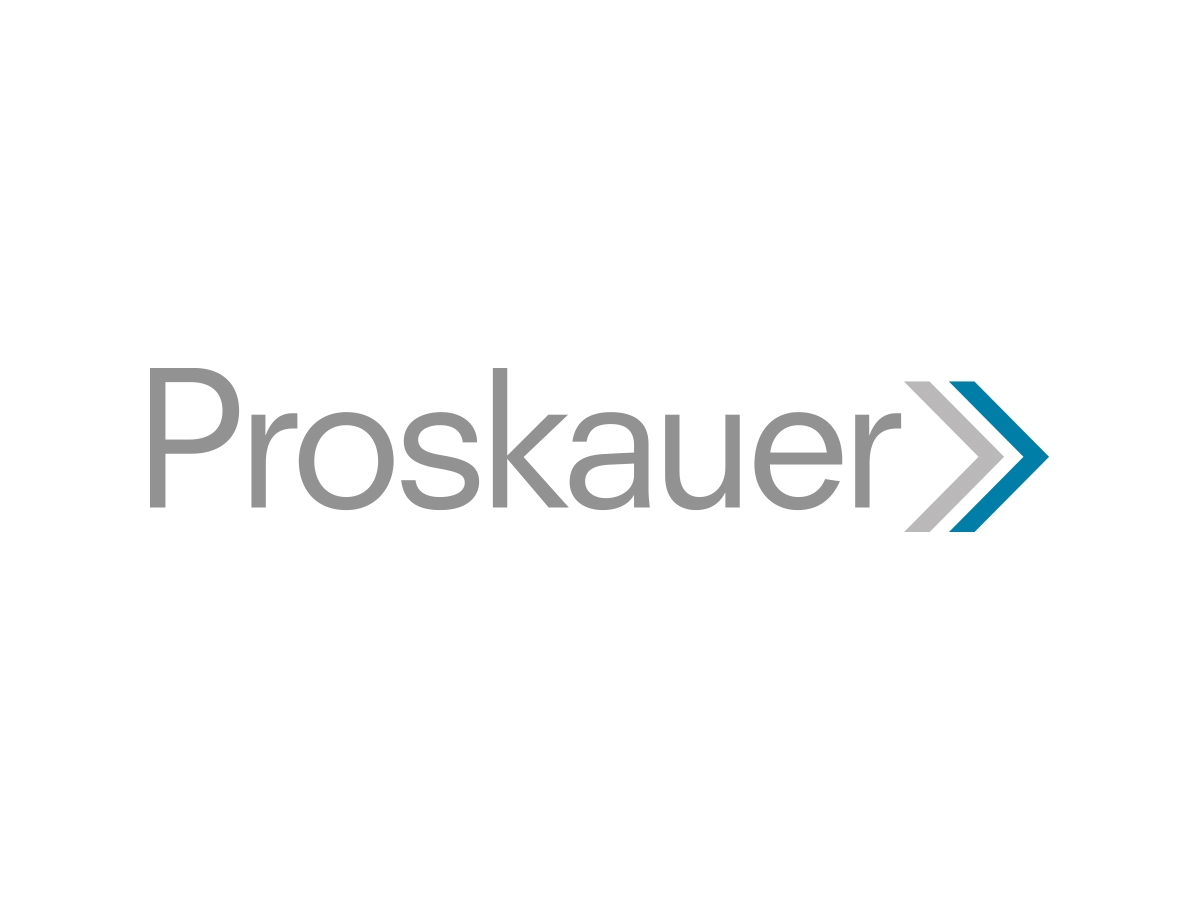USPTO Rejects “Contingent” Terminal Disclaimer | Venable LLP
On January 18, 2024, the USPTO rejected a “contingent” terminal disclaimer filed by Acadia Pharmaceuticals Inc. (Acadia) for a patent it owns that is being challenged in a pending litigation as invalid for obviousness-type double patenting. The USPTO ruled that terminal disclaimers could not be made contingent on the occurrence of a future event, in this case the outcome of a double patenting invalidity challenge to the subject patent.
By way of background, a terminal disclaimer filed under 35 U.S.C. § 253 is an accepted means of obviating double patenting by ensuring, among other things, that the challenged patent and the patent that formed the basis for the double patenting challenge (the “reference patent”) expire on the same date. However, to be effective, the terminal disclaimer must be filed before the expiration date of the reference patent.
Acadia had sued MSN Pharmaceuticals, Inc. and MSN Laboratories PVT. Ltd. (MSN) in the District of Delaware under the Hatch-Waxman Act, based on their filing of an Abbreviated New Drug Application seeking FDA approval to market a generic version of Acadia’s Nuplazid® drug product before the expiration of patents Acadia had listed in the FDA’s “Orange Book.”[1] One of the Orange Book-listed patents Acadia asserted in the litigation, U.S. Patent 7,601,740 (‘740 patent), issued with 1,249 days of Patent Term Adjustment (PTA) under 35 U.S.C. § 154, based on USPTO delays in issuing the patent, and had also been granted 1,315 days of Patent Term Extension (PTE) under 35 U.S.C. § 156, based on FDA delays in the approval of the Nuplazid® product.
In the litigation, MSN asserted as a defense that the ‘740 patent was invalid for obviousness-type double patenting based on Acadia’s ownership of another Orange Book-listed patent from the same family, U.S. Patent 9,566,271 (‘271 patent), which would expire earlier than the ‘740 patent because it had not been granted any PTA. The parties agreed that the claims of the ‘271 patent were not patentably distinct over the claims of the ‘740 patent. MSN and Acadia cross-moved for summary judgment on double patenting, agreeing that the court could decide as a matter of law two independent issues: (a) whether under the Federal Circuit’s recent In re Cellect[2] decision the PTA awarded to the ‘740 patent resulted in double patenting because of the earlier expiration of the ‘271 patent and (b) whether a finding of double patenting was precluded under the Safe Harbor of 35 U.S.C. § 121.
While a decision on the summary judgment cross-motions was pending, on November 21, 2023, Acadia filed with the USPTO a “Contingent” Terminal Disclaimer, which sought to disclaim the term of the ‘740 patent, which extended beyond the impending January 15, 2024 expiration of the ‘271 patent because of the 1,249 days of PTA, but made the disclaimer contingent on the outcome of a decision on MSN’s double patenting defense. Acadia’s Contingent Terminal Disclaimer specified that if no claim of the ‘740 patent is found invalid for double patenting “in a final decision from which no appeal has been or can be taken,” the “contingency has not been met” and no portion of the term of the ‘740 patent has been disclaimed. Acadia also specified that if the Contingent Terminal Disclaimer “is declared impermissible and thus void” and if “one or more claims are held invalid” for double patenting “in a final decision from which no appeal has been or can be taken,” then the Contingent Terminal Disclaimer is “automatically converted nunc pro tunc into an effective non-contingent terminal disclaimer” and Acadia disclaims the terminal portion of the ‘740 patent that extends beyond the term of the ‘271 reference patent. Acadia also stated that it “DOES NOT DISCLAIM any part of the patent term extension of the instant patent granted pursuant to 35 U.S.C. § 156.” Acadia also filed with the USPTO a petition for expedited consideration of its Contingent Terminal Disclaimer in view of the approaching expiration of the ‘271 reference patent on January 15, 2024.
On December 13, 2023, the District of Delaware denied MSN’s summary judgment motion of invalidity of the ‘740 patent and granted Acadia’s cross-motion of validity of the ‘740 patent.[3] However, that decision was subject to appeal, and on January 18, 2024, MSN appealed to the Federal Circuit the district court’s January 11, 2024 entry of judgment in favor of Acadia.
The USPTO’s decision rejecting Acadia’s proffered Contingent Terminal Disclaimer cites MPEP § 1490(V)(A), which “precludes acceptance of disclaimers which are conditional and/or contingent.”[4] The USPTO’s decision states that a request for reconsideration by the USPTO must be filed within two months of the January 18, 2024 decision.
Assuming the USPTO’s decision stands, patent owners confronted with a double patenting challenge that remains unresolved at the time the reference patent is due to expire must decide whether to file a definitive, unconditional terminal disclaimer before that expiration date or risk an adverse decision invalidating the challenged patent rendered after the expiration of the reference patent.
[1] Acadia Pharms. Inc. v. Aurobindo Pharma Ltd. et.al., C.A. No. 1:20-cv-00985-GBW (D. Del.).
[2] 81 F.4th 1216 (Fed. Cir. 2023).
[3] Acadia Pharms., C.A. No. 1:20-cv-00985-GBW, Dkt. 275 (D. Del. Dec. 13, 2023).
[4] The USPTO’s decision quotes a portion of MPEP § 1490(VI)(A), which states, in pertinent part, “[i]t is further noted that the statute does not provide for conditional disclaimers (whether they are terminal disclaimers or statutory disclaimers). Accordingly, a proposed disclaimer that is made contingent on the allowance of certain claims or the granting of a petition, is improper and cannot be accepted.” (emphasis omitted).






